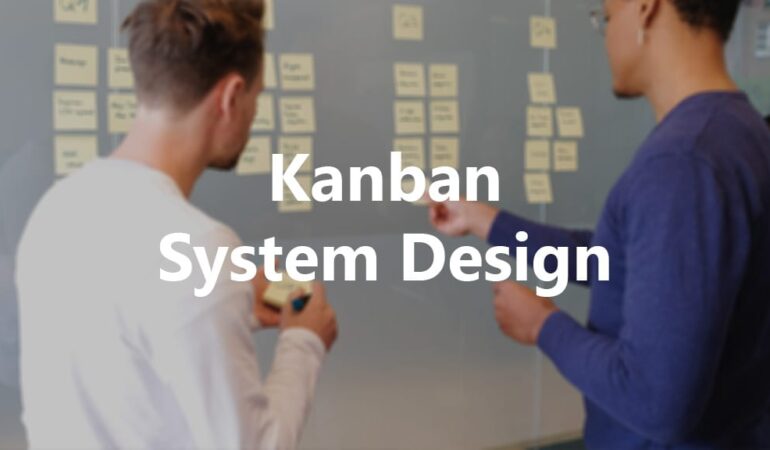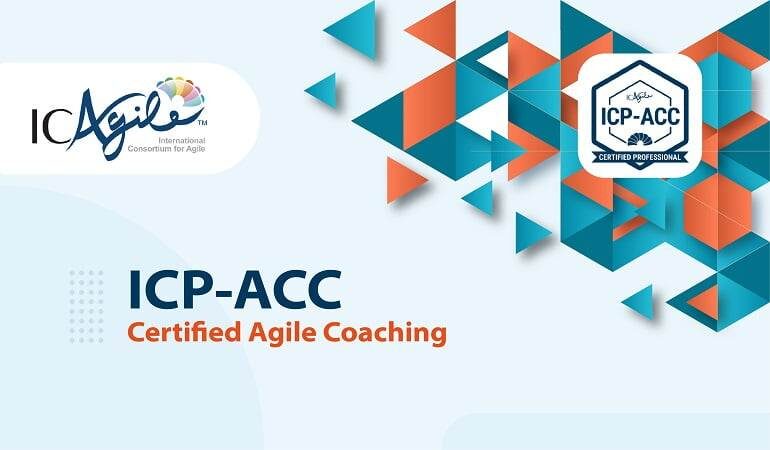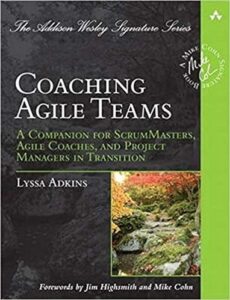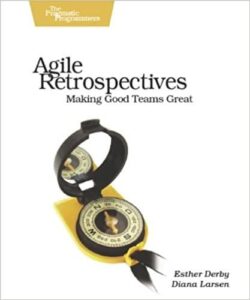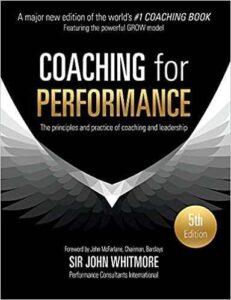The Benefits Of Obtaining An ICAgile Certification UK
As a business professional, it’s important to be up-to-date on the latest trends and technologies. One of the most popular agile movement trends right now is certification. There are many different types of agile certification out there, but Icagile certification is one of the most reputable and respected. Icagile certification not only boosts your skills as a business professional, but it also enhances your proficiency in business agility principles. This makes you an advantage over other employers who may not have this level of expertise.
Additionally, Icagile certification provides you with professional recognition across industries. By earning an Icagile certification, you’re showing that you’re serious about your career and that you’re invested in learning more about agile principles. It also shows that you’re willing to invest time and effort in learning new things – something that will be valuable in any field or industry.
Finally, Icagile certification helps to foster a culture of collaboration and creativity among learners. By working together as a team, learners are able to explore new ideas and concepts faster than they would if they were working alone. This encourages creativity and innovation among all participants, which leads to better results for everyone involved.
The world of work is constantly changing, and so is the way that we approach projects. Gone are the days when projects were completed in a single phase and everyone was happy with the end result. Today, we know that projects always have multiple phases and that success depends on our ability to smoothly transition between them. That’s where Icagile Certification UK comes in.
By obtaining this certification, you’ll be recognized as a Certified ICAgile Professional – someone who has mastered the art of working successfully in an Agile environment. Not only will this certification give you credibility in the industry, it will also help you to advance your career in the Agile industry. By learning about innovative techniques for teams, departments, and companies, you’ll be able to deliver better results faster than ever before. And finally, by understanding business agility and how value driven development can help your company succeed, you’ll be well on your way to becoming an Icagile master yourself!
The benefits of obtaining an ICAgile Certification in the UK are numerous. First, it provides a recognised qualification that demonstrates the holder’s knowledge and expertise in agile working. This is a great way to showcase skills to potential employers and to demonstrate a commitment to learning and professional development.
The ICAgile certification is an invaluable asset for any professional looking to increase their knowledge, improve their skills, and advance their career. It provides an opportunity to learn about Agile principles, use them in the workplace, and increase customer satisfaction. Moreover, it provides a competitive edge over other business professionals who do not have this certification. Therefore, if you are looking to become a more competitive professional and make your mark in the business world, then obtaining an ICAgile certification is something that you should seriously consider! Take action now and start working towards getting your ICAgile certification today!


